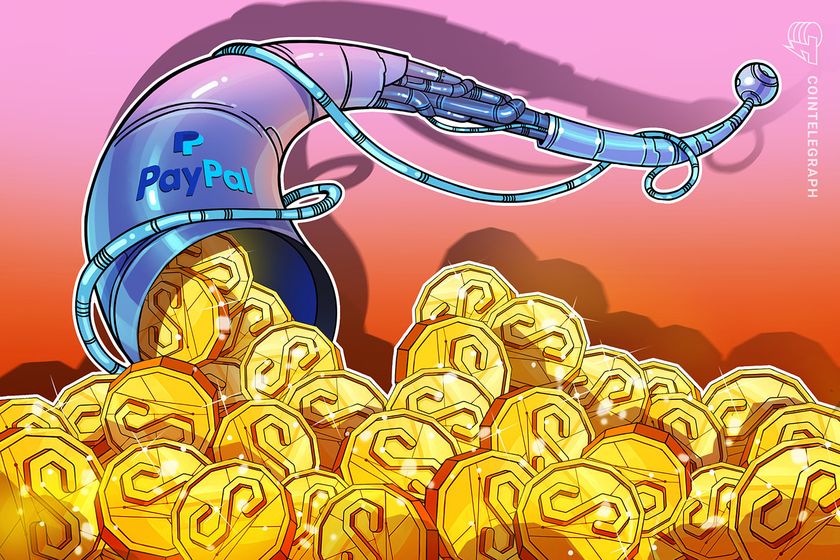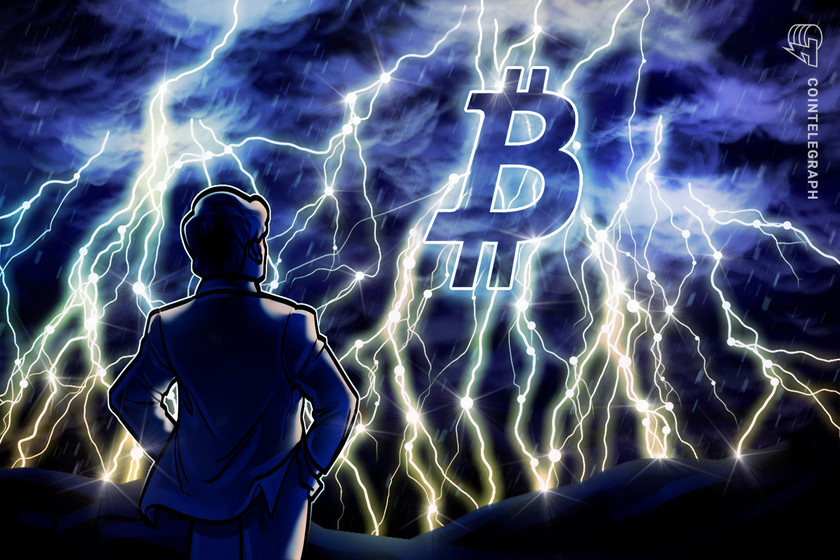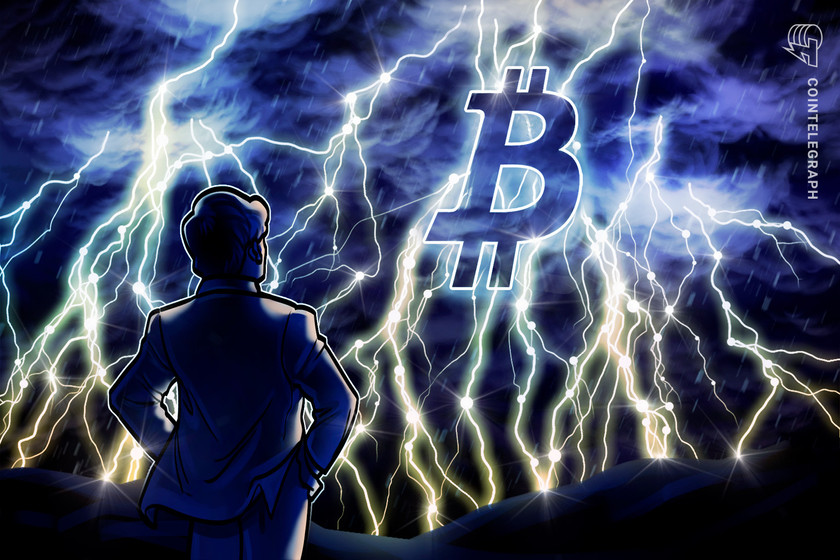Immutable expands Web3 gaming payment options with Transak integration


Immutable deploys Transak’s functionality into its zkEVM gaming development infrastructure, powering in-game cryptocurrency and fiat payment methods.
Web3 gaming firm Immutable is set to integrate Transak as the sole payment service provider for its Immutable zero-knowledge Ethereum Virtual Machine (zkEVM). The service is set to directly power fiat and Web3-based payments in gaming environments.
Transak’s service will be integrated into Immutable Checkout and Immutable Passport. The former acts as Immutable’s all-in-one transaction infrastructure for games and provides a configurable interface for game developers to integrate various payment options.
Transak’s on-ramp, off-ramp and nonfungible token (NFT) payment service allows fiat payments through credit and debit cards, as well as Apple Pay and Google Pay. Transak marketing head Harshit Gangwar told Cointelegraph that the payment rail will power in-game transactions for digital assets:























